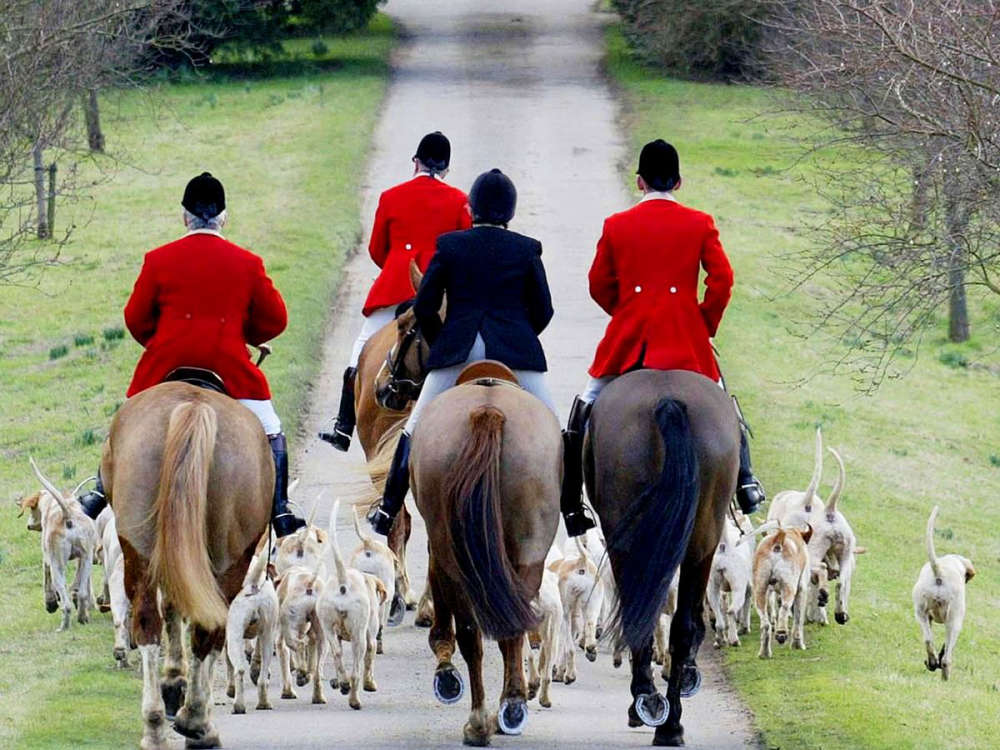
Cheshire West and Chester Council’s Cabinet has agreed a policy on trail hunting which takes into account the threat posed by hunts to animals and the environment.
A cross-party working group was established to better understand the activity of trail hunting, to review the local evidence and the legal framework surrounding trail hunt activities.
Trail hunting is regarded as a hound-based activity where much of the emphasis is on watching the hounds work out where the scent has been laid in a way to simulate traditional hunting. The huntsman does not know exactly where the trails have been laid so the focus is on locating the laid scent using the hounds.
Cabinet agreed to:
(i) prohibit trail hunting on land owned and controlled by Cheshire West and Chester Council;
(ii) introduce a clause into any new farm tenancy agreements that trail hunting will not take place on land rented from Cheshire West and Chester Council;
(iii) seek a voluntary agreement with existing tenant farmers that trail hunting will not take place on land rented from Cheshire West and Chester Council.
A cross-party group met between March and November 2021 and considered evidence from significant landowners, interested groups and other local authorities. There was also a public call for written evidence to further inform the policy recommendation.
Councillor Karen Shore, Cabinet Member for Environment, Highways and Strategic Transport said: “There has been significant support for introducing this ban to prevent trail hunting to take place on Council owned land.
“We received details about a disregard for fields full of livestock causing damage to both the land and the stock, stress caused to ewes during lambing season risking lost lambs, gates left open allowing flocks to mix and gates removed form hinges. There was also a mention of padlocks cut to gain access to land, a hunt claiming they didn’t know ewes would be in lamb over winter months and a hunt stating that they are on land because they couldn’t be sure which way the fox would go.“
The call for evidence resulted in 933 email responses, with 915 (98 per cent) in favour of the ban and18 (2 per cent) against the ban.
The main reasons given in favour of the ban
A risk to wildlife and/or endangered species (505 responses)
Belief that trail hunting was a smokescreen for illegal hunting (463 responses)
The risk of domestic animals being killed (422 responses)
Stress caused to other animals including livestock and horses (280 responses)
The risk to the hunt horses and hounds (264 responses)
Hounds can spread disease – fouling (249 responses)
Foxes being killed (243 responses)
Trespassing on Private land (238 responses)
Hounds on roads (224 responses)
Want to protect the environment (217 responses)
The main reasons against the ban:
It’s a legal activity (11 responses)
It’s the same as dog walking (8 responses)
Brings people from different walks of life together (4 responses)
Traditional country pursuit (4 responses)
No greater danger to flora / fauna / environment than other activities (4 responses)
Lots of local support (3 responses)
Local businesses benefit (3 responses)
It’s a one-sided agenda (3 responses)
A serious reason is needed to ban it (3 responses)
The hunts already liaise with CWCC (3 responses)
The Council will continue to receive applications from hunting organisations in relation to temporary road closures to facilitate their lawful activity. These applications will continue to be processed by the Safety Advisory Group as for any other event. Any prohibition on trail hunting on Council owned and controlled land will not impact on the application for the use of the public highway.


 Community help needed for Garfield’s surgery
Community help needed for Garfield’s surgery
 Business Comparison team’s 30-mile hike aims to raise thousands for ‘inspiring’ Freya’s cancer battle
Business Comparison team’s 30-mile hike aims to raise thousands for ‘inspiring’ Freya’s cancer battle
 Shocking school absence rates spark concern in North Wales
Shocking school absence rates spark concern in North Wales
 National League North fixtures have been announced
National League North fixtures have been announced
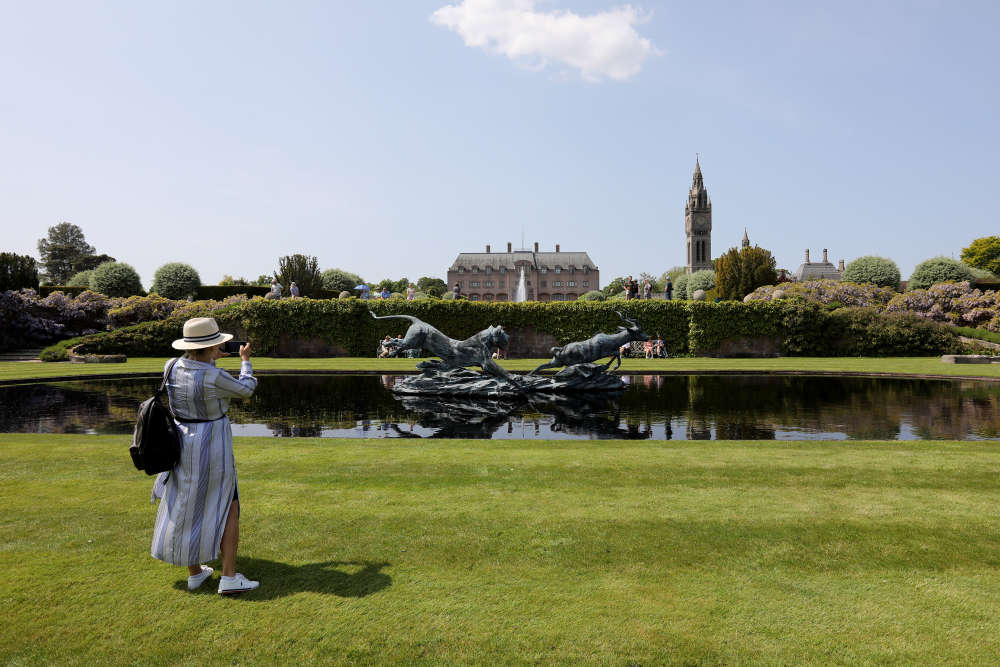 Grosvenor Garden Open Day this Sunday
Grosvenor Garden Open Day this Sunday
 Stepping through Chester’s history raises funds for the Hospice of the Good Shepherd
Stepping through Chester’s history raises funds for the Hospice of the Good Shepherd
 Ellesmere Port man charged with rape and assault
Ellesmere Port man charged with rape and assault
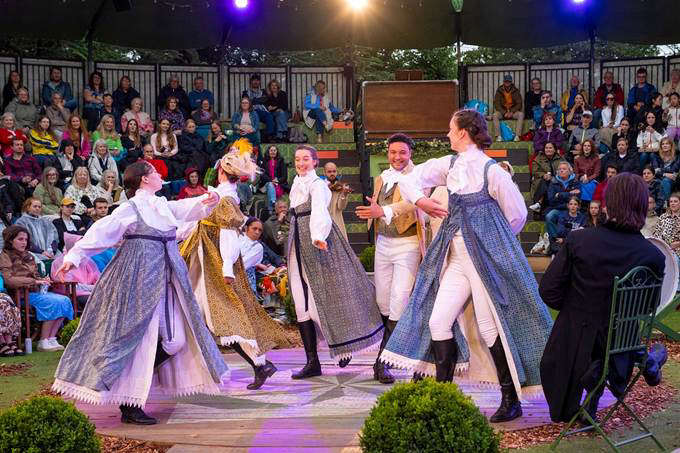 GROSVENOR PARK OPEN AIR THEATRE NOW OPEN
GROSVENOR PARK OPEN AIR THEATRE NOW OPEN
 ESA Astronaut John McFall to visit Jodrell Bank
ESA Astronaut John McFall to visit Jodrell Bank
 Busy fundraising weekends for Flint RNLI
Busy fundraising weekends for Flint RNLI
 Flintshire’s Third Sector Community Chest
Flintshire’s Third Sector Community Chest
 Chester summer activities get their share of £50k cash boost
Chester summer activities get their share of £50k cash boost
 Scholarships on offer at the Gladstone’s Library in Hawarden
Scholarships on offer at the Gladstone’s Library in Hawarden
 Countess of Chester Hospital unveils new play areas coming soon
Countess of Chester Hospital unveils new play areas coming soon
 Chester-based Community Centre receives funding support to renovate Victorian building
Chester-based Community Centre receives funding support to renovate Victorian building
 Local MP Meets Sanctuary Housing Leadership to Tackle Housing Issues in Chester North and Neston
Local MP Meets Sanctuary Housing Leadership to Tackle Housing Issues in Chester North and Neston
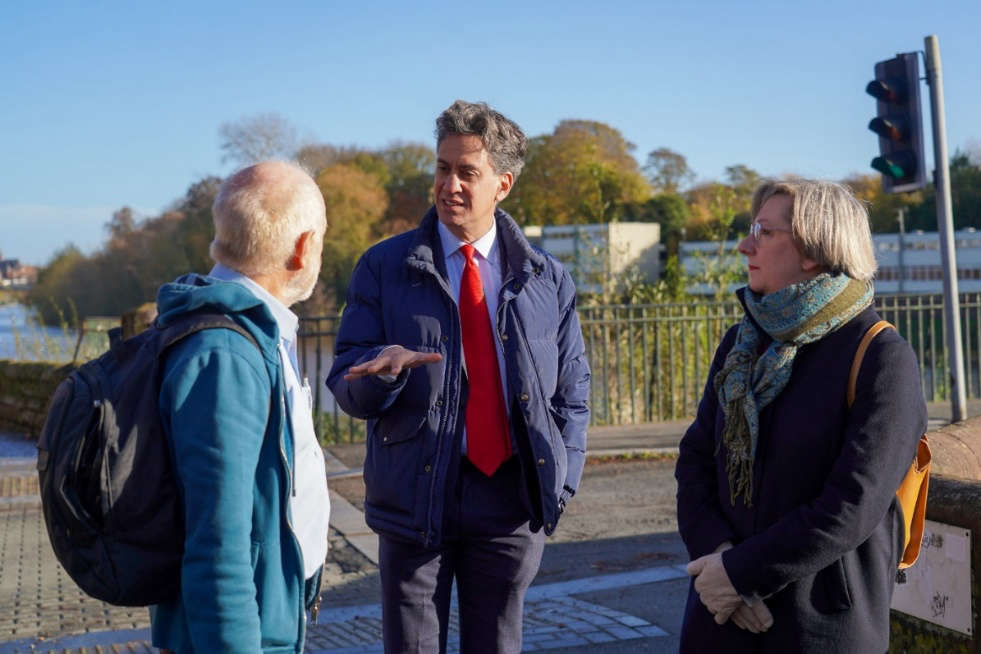 New Plans and Survey for Hydro Hub in Chester
New Plans and Survey for Hydro Hub in Chester
 People encouraged to have their say on the future of a North Wales hospital
People encouraged to have their say on the future of a North Wales hospital
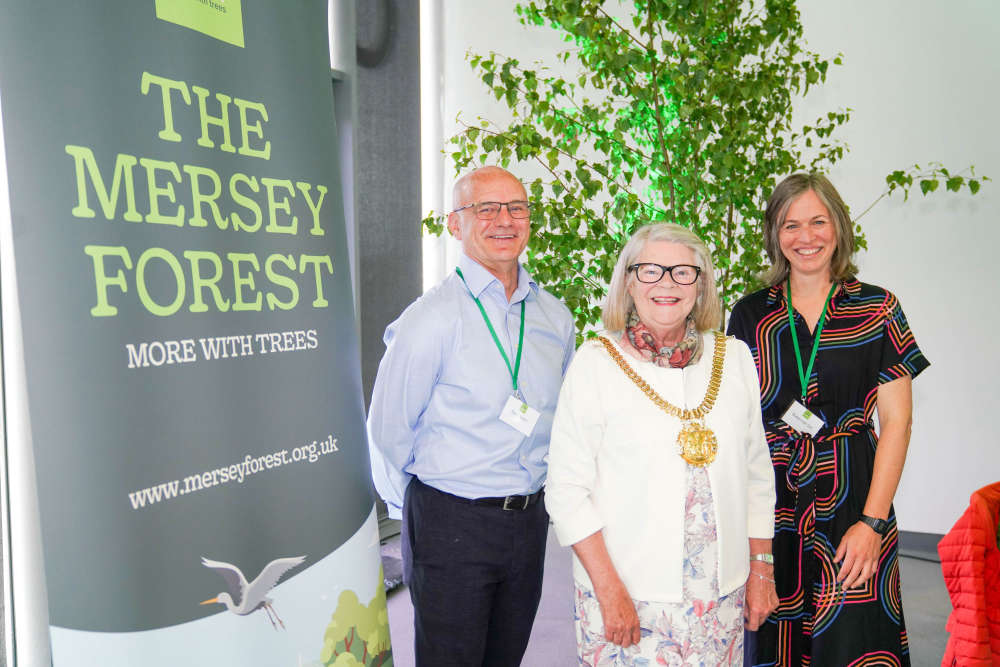 Bumper tree planting season is delivering for people, nature and climate
Bumper tree planting season is delivering for people, nature and climate
Comments
Add a comment